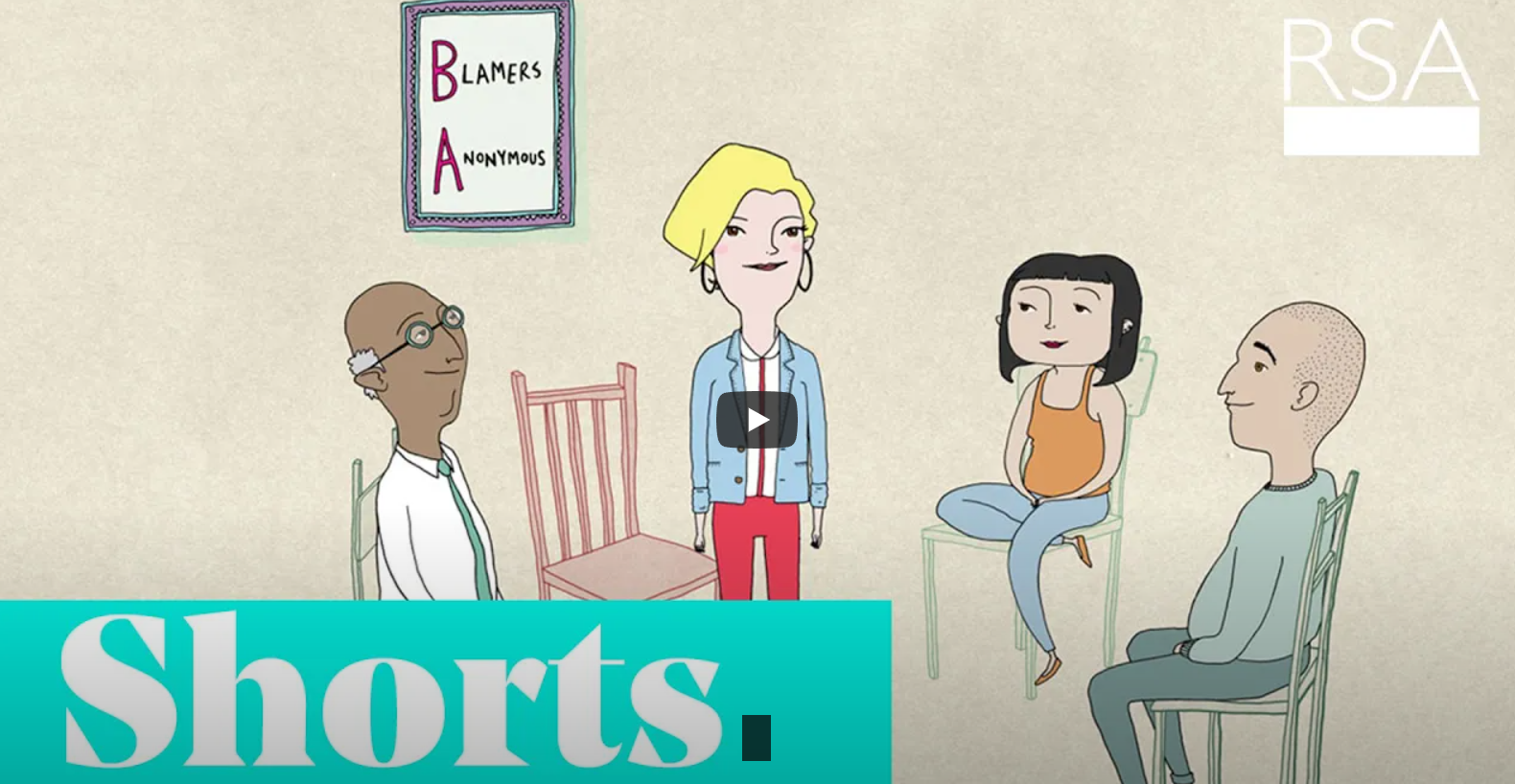All I had to do was Listen

Having a degree in Engineering certainly taught me how to solve problems. It’s pretty simple: here are the inputs, here is the equation, compute and bingo, problem solved. After years of this kind of training it’s fair to say that problem solving is my forte.
However, when it came to relationships, things were not as I had expected. When my partner had a problem, I had a solution. When I didn’t have all the facts, I’d make ‘reasonable' assumptions. I then pondered why my perfectly good solution wasn't received with open arms? Why wasn’t gratitude and appreciation for a job well done not flowing my way? It was during my engineering days.
I would hear things like ‘You don’t understand’, ‘I don’t need fixing’, ‘Can’t you just listen?’ In my mind, the input variables are clearly understood, the solution is simple….so why am I getting this response? I couldn’t help feeling unappreciated, misunderstood, confused and frustrated. As you can imagine, this now left both of us feeling disconnected and miserable.
Then I was introduced to
Imago Relationship Therapy after a number of relationship failures spanning a considerable number of years. I started to get a glimpse into this conundrum. It’s rather simple. Listen and validate and empathize. That’s it. What? Just listen? No problem solving? Impossible! That doesn’t make sense to a brain that has spent years figuring out how to solve challenges.
Yet it’s true. Many times the ‘problem’ isn’t really what we think it is. The real ‘problem’ is that my partner doesn’t feel me there with her facing whatever the issue is. By immediately going into problem solving mode I bypass this important step of really connecting with her. And from this place of connection, the issue can be addressed much more effectively with a positive outcome.
The analytical part of my mind still balks at this but I’ve learned to ignore it in favor of preserving the relationship with listening, validating and empathizing with my partner, especially when she is in distress. Important: Validating your partner does not mean agreeing with them. It simply means that you are willing to step into another’s point of view, nothing more.
It will take time and effort to establish this new way of responding to your partner. It did for me. Your ‘problem solver’ will try to sneak in here and there with predictable results. But regardless, doing so will lead to more connection, fewer disagreements and an end to unpleasant interactions.
To learn more about validation and other actionable tools to help you stay connected and happy, join us at our “Getting the Love You Want” Couples Weekend Retreat. This was life-transforming for both of us in helping us get the love we wanted.
Register for our Newsletter and receive a Free Love Chat Package
- The 5 Steps to a Better Relationship
- Ongoing Monthly Relationship Tips
- If you want more love in your life, our relationship Love Chat Package is an easy cost-free first step.

















